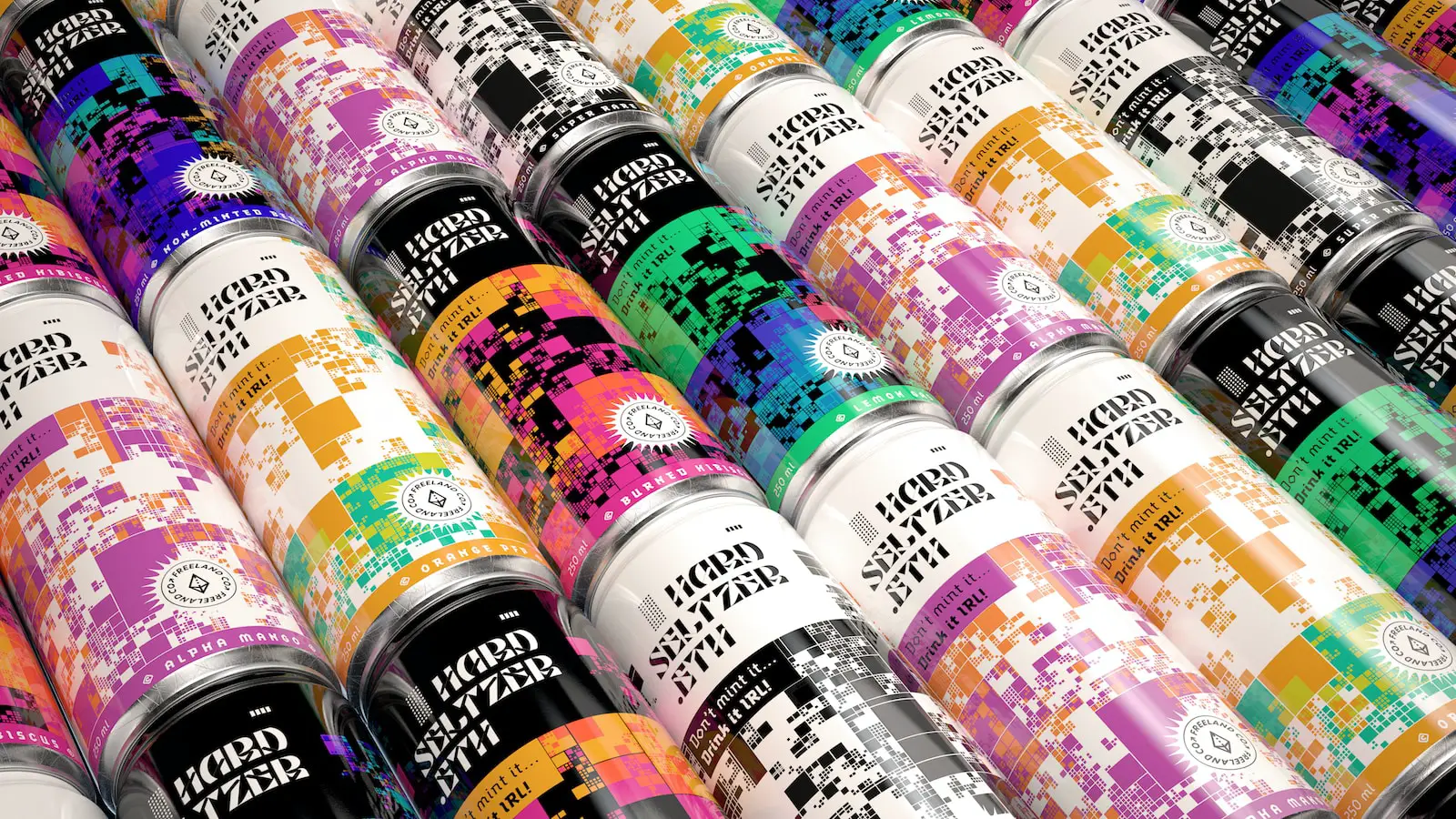Whiskey is a popular alcoholic beverage consumed by people worldwide.
People can enjoy whiskey responsibly and in moderation; however, some individuals may experience adverse effects such as anger.
This article explores the reasons why whiskey can do it.
Chemical Properties of Whiskey that Affect Behavior
Whiskey is a type of alcohol that contains ethanol, a chemical that affects the brain and nervous system.
When consumed, ethanol can disrupt the balance of neurotransmitters in the brain, including dopamine and serotonin, leading to changes in mood and behavior.
Whiskey is also a depressant, which can slow down brain activity and reduce inhibitions, leading to impulsive and reckless behavior.
Alcohol, including whiskey, can also amplify negative emotions such as anger and frustration and decrease one’s ability to control these emotions.
Specific individuals may also have a genetic predisposition to alcohol-induced aggression and anger, making them more susceptible to adverse emotional effects from drinking whiskey.
Furthermore, the amount and frequency of whiskey consumption can also impact one’s emotional response.
Drinking or consuming large amounts of whiskey frequently can increase the likelihood of experiencing negative emotional effects.
It’s essential to note that individual responses to whiskey can vary, and not everyone will experience anger or aggression after consuming whiskey.
While whiskey can anger some individuals, it’s crucial to remember that alcohol consumption can lead to adverse physical and mental health effects.
Excessive or regular whiskey consumption can increase the risk of liver damage, heart disease, and certain cancers, among other health issues that may lead to early death.
Social Factors Affecting Anger
Social factors can significantly impact an individual’s level of anger when consuming whiskey.
One of the primary social factors is the culture in which an individual has grown, as attitudes toward alcohol and its effects can differ significantly across different communities.
Another social factor is the influence of peers, as the behavior of those around an individual can influence their own behavior and emotional responses.
Socioeconomic status can also play a role, as individuals from lower socioeconomic backgrounds may consume access amounts of alcohol to help cope with societal stress, leading to increased levels of anger.
Gender can also be a social factor, as men are very likely to depict anger after consuming alcohol; While, women may be more likely to internalize their emotions and show lesser offense in comparison.
Additionally, the setting where the person consumes their whiskey can impact levels of anger, as drinking whiskey in a high-stress environment, such as a bar or club, can lead to increased feelings of aggression and irritability.
Finally, societal expectations and norms around alcohol consumption can also influence an individual’s emotional response.
Those who feel pressure to conform to social expectations may be more likely to experience anger from consuming whiskey.
Addiction and Anger
Frequent whiskey use can lead to addiction, impacting relationships, work, and overall quality of life.
Whiskey addiction is a serious issue affecting millions of people worldwide, and it can profoundly impact a person’s emotions and behavior.
- When a person becomes addicted to alcohol, their brain chemistry can change, leading to increased aggression and anger.
- Whiskey affects the prefrontal cortex, which is part of the brain that controls decision-making and impulse control, and this can lead to impulsive behavior and poor decision-making.
- In addition, whiskey can disrupt the balance of neurotransmitters which reside in the brain, such as serotonin and dopamine, and are essential for regulating mood and emotion.
- As a result, individuals with whiskey addiction may experience intense emotions, such as anger, and may have difficulty controlling their behavior.
- Furthermore, whiskey addiction can also lead to physical changes in the brain, such as damaging the amygdala, an essential part of the brain that regulates emotions such as fear and aggression.
This damage can further increase a person’s likelihood of experiencing intense anger and aggression.
Additionally, whiskey addiction can have many negative consequences, such as strained relationships, legal troubles, and physical health problems.
These consequences can also contribute to a person’s anger and frustration, as they may feel unable to control their addiction or the adverse effects that come with it.
Overcoming Addiction
Addiction to whiskey is a very harmful habit; however, there are many ways to eliminate it.
- Acknowledging the problem and committing to change is crucial to eliminating your addiction.
- It is essential to seek professional help from a qualified addiction specialist or therapist who can provide guidance and support throughout the recovery process.
- It is also essential to talk to family and friends, who can provide better solutions to your addiction and monitor your progress better than therapists, as your therapist spends less time with you than your family and friends.
- One practical treatment approach for whiskey addiction is cognitive-behavioral therapy,which helps people acknowledge their thought patterns and help them overcome the harmful impurities which may have led to the addiction.
- In some cases, professionals may also recommend medication-assisted treatment to help manage withdrawal symptoms and cravings.
- It is important to prioritize self-care during recovery, including regular exercise, healthy eating habits, and stress-management techniques.
- Avoiding triggers and high-risk situations is also crucial in preventing relapse, and it may be necessary to make significant lifestyle changes to achieve sobriety.
- Many people find that participating in a support group, such as Alcoholics Anonymous, can effectively stay accountable and connected to others in recovery.
Accepting the fact that recovery is a lifelong process and it is normal to experience challenges is vital if a change is to happen.
With commitment and support, however, it is possible to overcome whiskey addiction and live a healthy life.
Conclusion
Whiskey is a drink that many people enjoy; however, one of its adverse effects includes increased anger and aggression inside a person.
Factors such as the chemical composition and excess consumption of whiskey are some proven reasons behind the growth of anger in humans.
It is essential to take care of these factors when consuming whiskey and seek professional help if required.
Drink safe!









